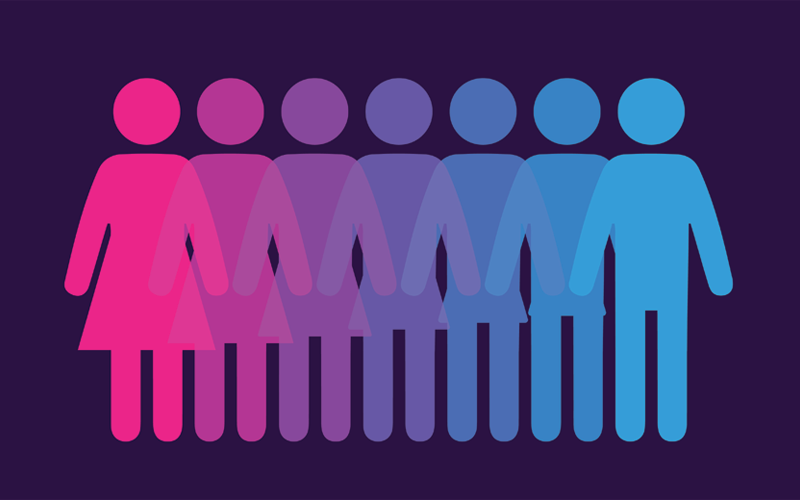Dr. Rosemary Stein, owner of the International Family Clinic in Burlington, North Carolina, says advertisement plays a role in the beverages' increasing popularity, with labels promising things like a boost in energy and improvement in physical and cognitive performance.
"I think that they can be very deceptive in their marketing," she submits. "It sounds like it's something that's good for you."
While the drinks may do what they say for an hour or so, sources like the National Library of Medicine and The Wall Street Journal report those fulfilled promises are accompanied by several adverse health effects.

Even Dr. Stein's own daughter, a med student, drinks Celsius, the number-three brand in the country after Monster Energy and Red Bull. By her observation, Celsius in particular seems to be more popular among the more educated young people between 18 and 24 years old.
"I do have older adolescents and young adults that I do take care of and have problems with insomnia, and tachycardia, and anxiety," Dr. Stein relays.
The caffeine levels in energy drinks have been shown to increase heart rate and blood pressure. Atrial fibrillation was shown in two teenage boys after overconsumption, and studies also found cases of myocardial infarction in 17-19-year-old boys. Reports even show a relationship between overconsumption and aneurysm formation.
Two energy drinks a day are the equivalent of drinking six to nine cups of strong coffee, and people, especially young females with self-image issues, may be drinking them to burn more calories and decrease appetite.
"There are a lot of anorexic girls that cited that that was the main reason that they took these drinks – it made them feel good and gave them some energy," Dr. Stein notes. "They taste good, on top of the fact that they decrease their appetites."
However, the drinks can also affect mood, cause anxiety, and contribute to weight gain.
Though other research has documented no significant effects or detrimental health consequences, Dr. Stein maintains that the advertising on energy drinks is misleading.
Celsius, for example, is said to boost caloric consumption, and while it may do that, she points out that it comes with a lot of side effects that the FDA overlooks because of the way the drinks are marketed.
"I'm not calling for a ban of these drinks," Dr. Stein asserts. "I'm calling for a caution – just like there's a caution on the label for alcohol and cigarettes."







